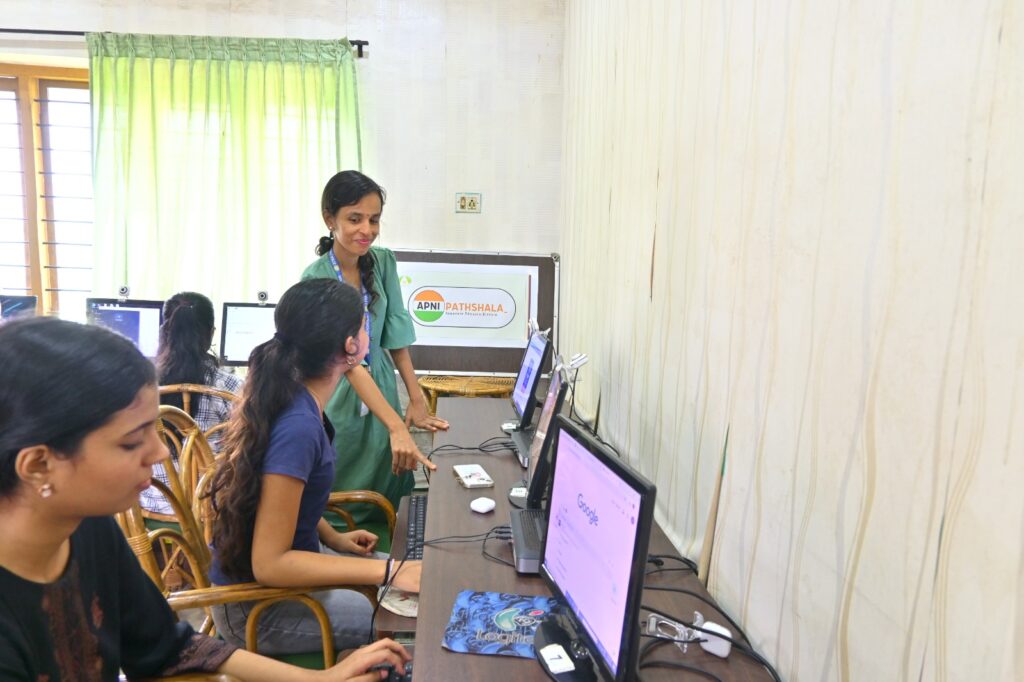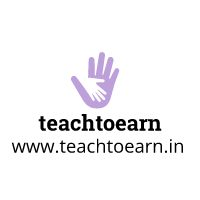For most parents, the word curriculum brings both comfort and concern. It’s what we grew up with—textbooks, timetables, exams—and it’s how we measured learning. But in today’s world, does sticking rigidly to a curriculum still make sense? In this candid conversation, Dr. Malpani addresses one of the biggest fears parents have when starting a digital learning pod: What will my child actually study? Through a warm, insightful exchange with Meera, a concerned mother, he unpacks how structure, freedom, and curiosity can coexist—and why the future of education lies beyond the confines of a traditional syllabus.

Meera (parent): Dr. Malpani, I’ve been following your work for a while, and I love the idea of giving children more freedom to learn. But here’s my big concern—and I think I speak for many parents: What about the curriculum? If I start a community-based digital learning pod, what will my child actually study? How will I know they’re learning anything at all?
Dr. Malpani: Meera, I’m so glad you brought that up. You’re right—this is often the first question I hear from parents. And it’s a very natural one. After all, we were all raised in a system where “curriculum” was king and “learning” was measured by marks.
Meera: Exactly! We grew up being told what to study, how to study, and when to study. So when someone says “let your child learn on their own,” I get nervous. What if they fall behind?
Dr. Malpani: That fear is deeply rooted in our own schooling trauma. We were trained to believe that without a textbook, a timetable, and a teacher telling us what to do, learning just wouldn’t happen. But that’s no longer true in today’s world. In fact, it’s the opposite.
Meera: What do you mean?
Dr. Malpani: In the past, access to information was limited. Teachers and textbooks were the only sources of knowledge. But now, with the internet and affordable devices, every child has the world’s best teachers at their fingertips—for free.
Meera (thoughtfully): That’s true. My daughter already learns songs and even science facts from YouTube faster than she does in school.
Dr. Malpani: Precisely! The problem isn’t lack of content—it’s lack of freedom. Our schools are still operating like factories: fixed curriculums, fixed timetables, fixed outcomes. But our children are growing up in a world where adaptability, curiosity, and creativity matter more than rote learning.
Meera: But how do we make sure they’re learning the right things? I mean, what if I start a learning pod and my child just plays games all day?
Dr. Malpani (smiling): That’s a very real concern—and it’s why structure is important. We’re not suggesting chaos. We do provide a solid academic framework that aligns with NIOS or any board you choose. Your child can still study math, science, languages, and appear for formal exams.
Meera: So it’s not completely unstructured?
Dr. Malpani: Not at all. Think of it as giving children a scaffold, not a cage. We support them with resources, mentors, and guidance—but we don’t force them to swallow facts they don’t care about. Instead of teaching, we focus on facilitating learning.
Meera: But what about certification? At the end of the year, will they get a certificate?
Dr. Malpani: Absolutely. If you want them to, they can appear for the NIOS exams and get recognized board certificates. But I’d encourage you to ask yourself—is that certificate really the best measure of learning? Or is your child’s confidence, communication skills, ability to solve real-world problems, and joy in learning far more valuable?
Meera: That’s a shift in thinking. I guess we’re all so scared of our children “falling behind.”
Dr. Malpani: But behind whom, Meera? Behind a system that’s outdated? A syllabus designed 30 years ago? The world is moving fast. By the time your child finishes school, many of the jobs we know today will no longer exist. The only thing that will matter is how fast and how well they can learn something new.
Meera: So you’re saying we need to stop obsessing over curriculum and start focusing on the learner?
Dr. Malpani: Exactly! A good learner doesn’t need to be spoon-fed. They know how to search, filter, understand, and apply knowledge. They know how to ask great questions—and even more importantly, how to find the answers.
Meera (nodding): So if I start a pod, I can still offer a curriculum, but let my child explore beyond it?
Dr. Malpani: That’s the sweet spot. Use the curriculum as a base—but don’t be enslaved by it. If your child is interested in astronomy, don’t stop them just because the school says “we’re doing geography this term.” Let them go deep, explore, build models, watch videos, interview scientists online. That’s real learning.
Meera: And will they still be able to crack competitive exams if they want to?
Dr. Malpani: Yes—because they’ll learn better than their peers. When a child learns because they’re curious, not because they’re scared of an exam, they retain more, and understand more deeply. And when the time comes, they can focus their energy to prepare specifically for that test. Self-directed learners are highly adaptable.
Meera: I can see that. I just need to unlearn some of my own fears.
Dr. Malpani: That’s the hardest part of this journey—not the child’s learning, but the parent’s de-conditioning. You’re not alone. But remember, your job is not to replicate school at home. It’s to create a space where your child feels safe, respected, and free to learn at their own pace.
Meera: Thank you, Doctor. I think I’m beginning to see what this could look like. It’s not about rejecting structure—it’s about making it work for the child, not against them.
Dr. Malpani: Exactly! You don’t need permission from any authority to reclaim your child’s learning journey. Take matters in your own hands by starting your own digital learning pod – your children will not get a second chance!
👉 https://www.teachtoearn.in/start-a-teach-to-earn-learning-pod/
